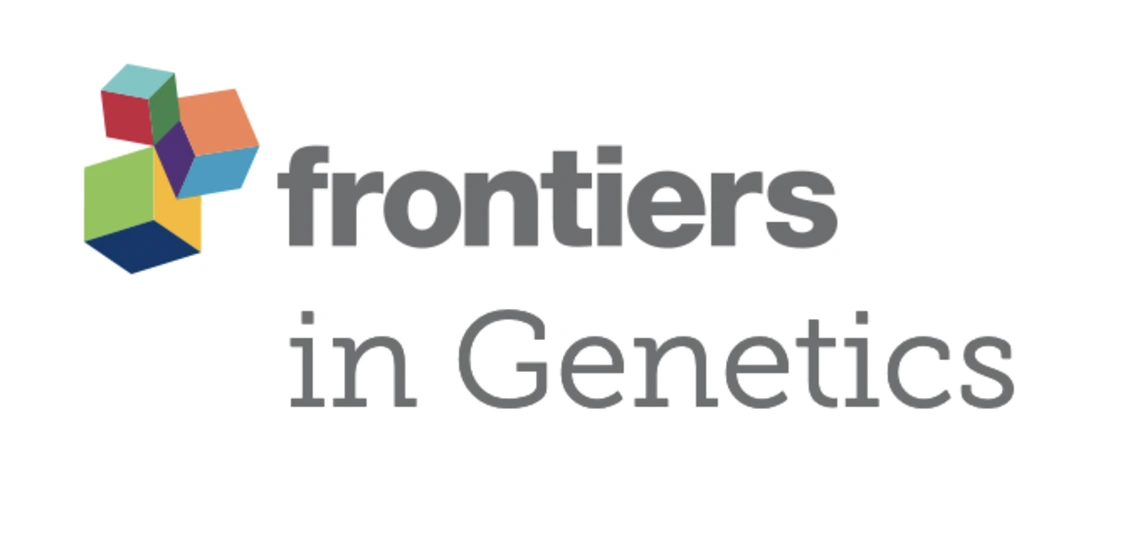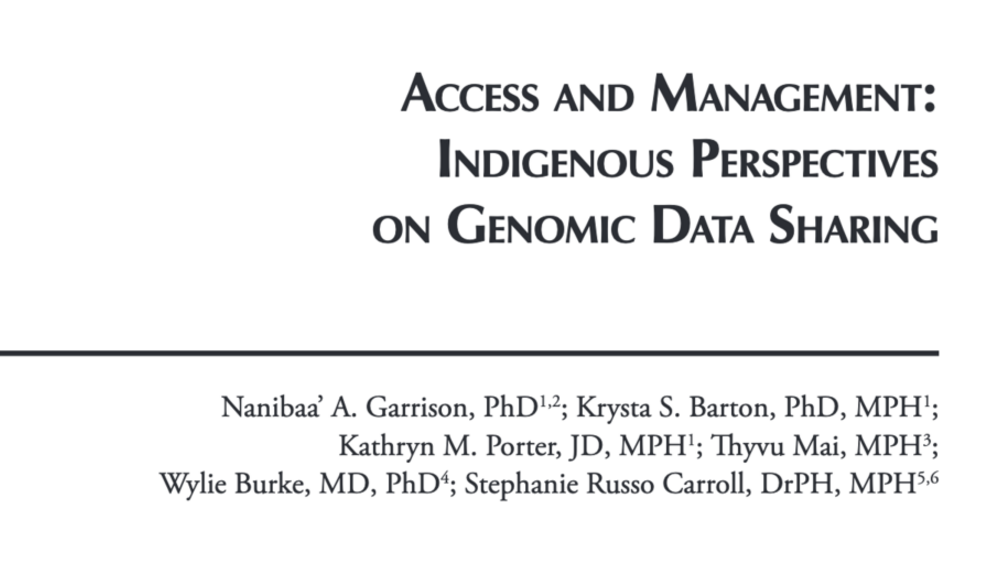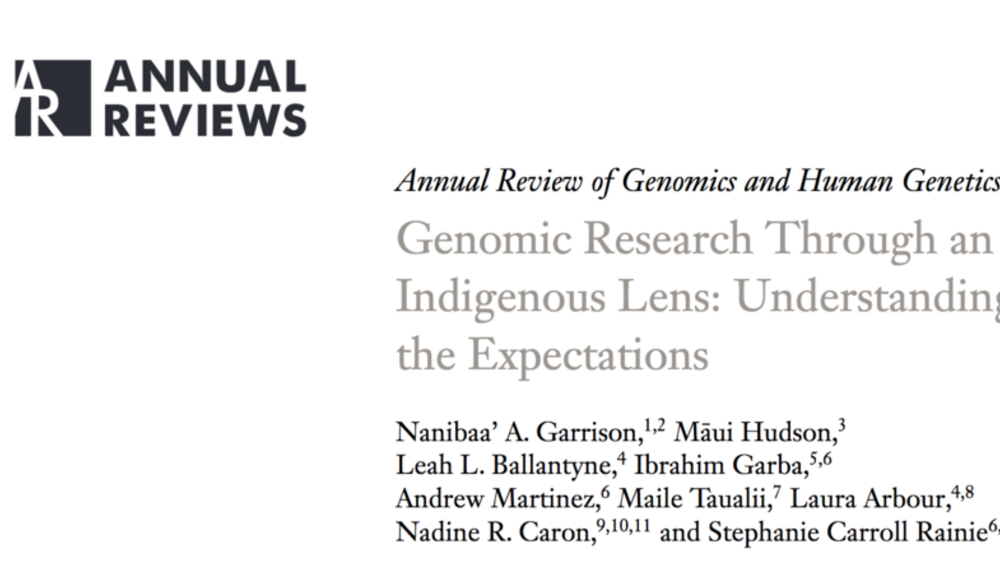Indigenous Peoples have historically been targets of extractive research that has led to little to no benefit. In genomics, such research not only exposes communities to harms and risks of misuse, but also deprives such communities of potential benefits. Tribes in the US have been exercising their sovereignty to limit this extractive practice by adopting laws and policies to govern research on their territories and with their citizens. Federally and state recognized tribes are in the strongest position to assert research oversight.
Other tribes lack the same authority, given that federal and state governments do not recognize their rights to regulate research, resulting in varying levels of oversight by tribes. These governance measures establish collective protections absent from the US federal government’s research oversight infrastructure, while setting expectations regarding benefits to tribes as political collectives.
Using a legal epidemiology approach, the paper discusses findings from a review of Tribal research legislation, policy, and administrative materials from 26 tribes in the US. The discussion specifies issues viewed by tribes as facilitators and barriers to securing benefits from research for their nations and members/citizens, and describes preemptive and mitigating strategies pursued by tribes in response.
These strategies are set within the framing of the CARE Principles for Indigenous Data Governance (Collective Benefit, Authority to Control, Responsibility, Ethics), a set of standards developed to ensure that decisions made about data pertaining to Indigenous communities at the individual and tribal levels are responsive to their values and collective interests. Our findings illustrate gaps to address for benefit sharing and a need to strengthen Responsibility and Ethics in tribal research governance.
Additional Information
Carroll SR, Plevel R, Jennings LL, Garba I, Sterling R, Cordova-Marks FM, Hiratsuka V, Hudson M and Garrison NA (2022), Extending the CARE Principles from tribal research policies to benefit sharing in genomic research. Front. Genet. 13:1052620. doi: 10.3389/fgene.2022.1052620




